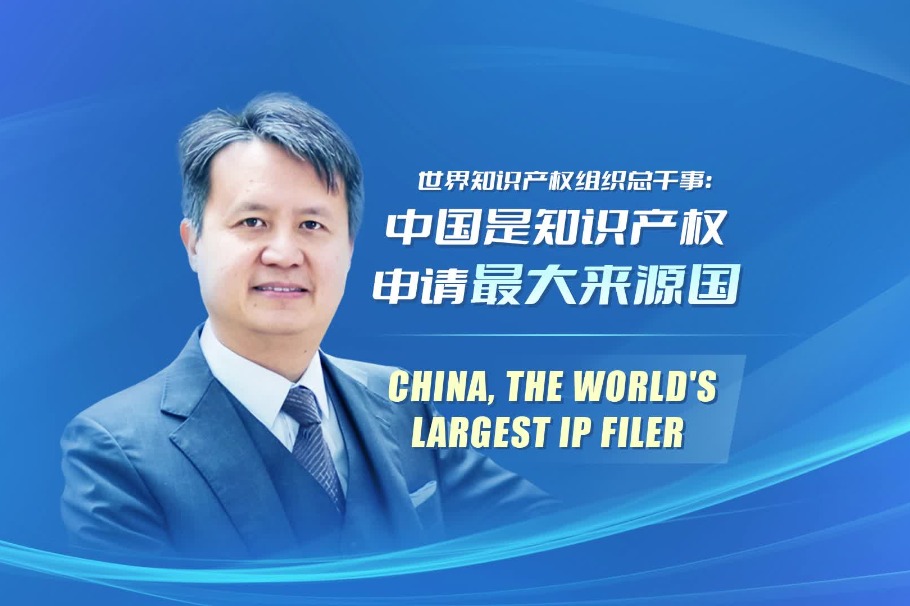Top court takes aim at monopolies and unfair competition


Chinese courts have pledged to put greater effort into solving cases concerning monopolies and unfair competition to maintain the healthy development of capital, according to China's top court.
The Supreme People's Court has drafted a new judicial interpretation on civil litigation against monopolies, and solicitation of public opinion on it will conclude on Friday.
"The move is to draw a much clearer line for market entities," said He Zhonglin, first deputy chief judge of the top court's Intellectual Property Court.
He also called for Chinese courts to focus more on solving lawsuits involving major industries, including digital economy, core technologies and medical communications, to prevent the abuse of market dominance and eliminate market blockades.
"Monopolies in the fields that have drawn public attention, such as those in livelihood, medicines and e-commerce, also need to be combated in a timely manner to protect people's basic interests and maintain sustainable growth," he said.
Chinese courts are required to disclose influential cases concerning monopolies to the public after their conclusion and promote the livestreaming of antimonopoly trials to help people enhance their legal awareness, he added.
To uphold the fairness of the market, courts nationwide will strengthen the handling of criminal cases in this regard, with more studies on regulating new types of unfair competition behaviors, according to Lin Guanghai, chief judge from the SPC's No 3 Civil Division.
"We'll also advance cooperation with government agencies, arbitration bodies, industrial associations and mediation centers to diversify the means of solving unfair competition problems to meet people's legal demands and create a better market environment," he added.
Data from the top court showed that courts across the country concluded 916 cases against monopolies and more than 32,000 cases involving unfair competition from 2013 to June this year, issuing 16 relevant judicial interpretations and over 10 legal policies.
Chinese courts have also stepped up efforts in handling cases in new fields like digital economy, and standardizing rules to prevent capital from being haphazardly expanded, the top court said.




